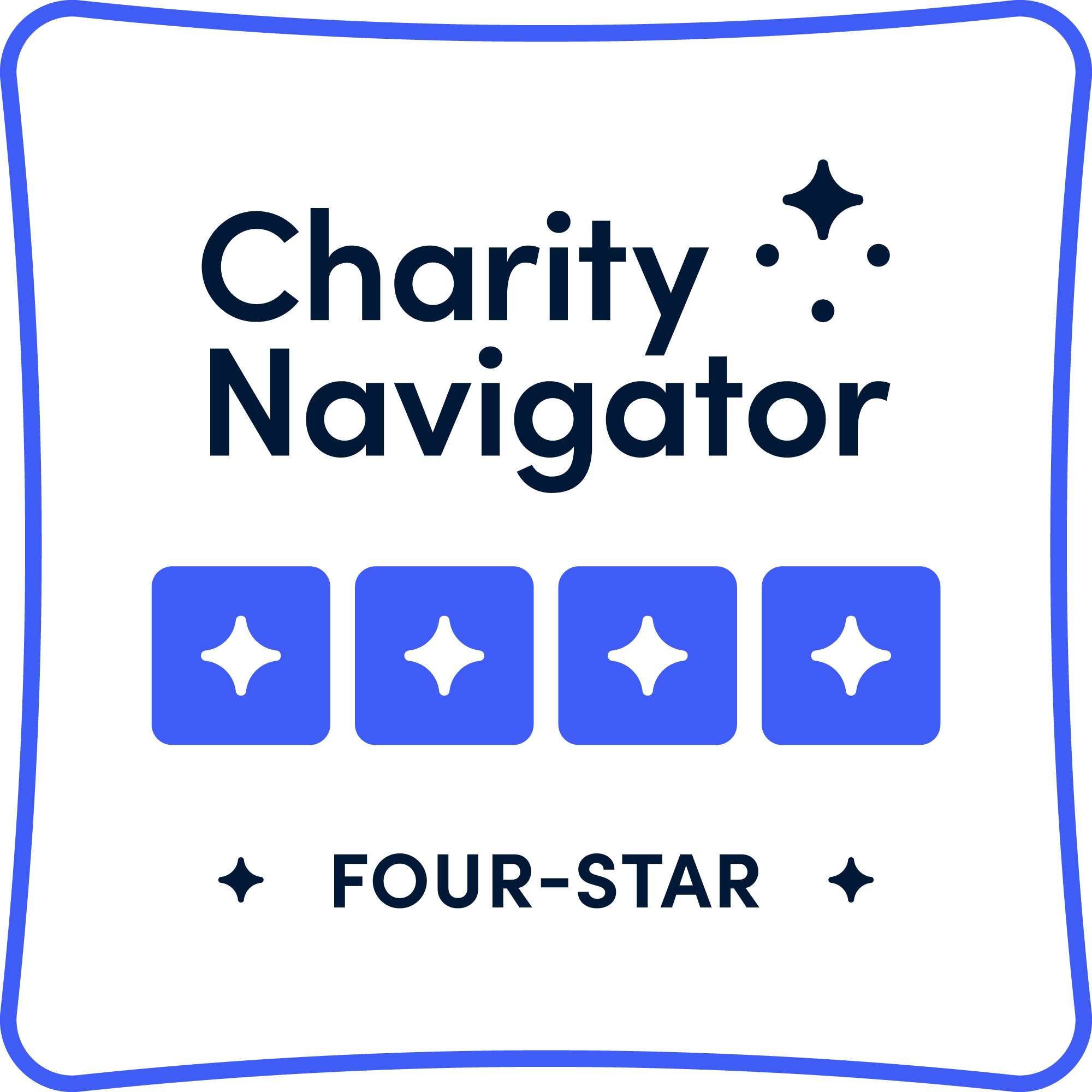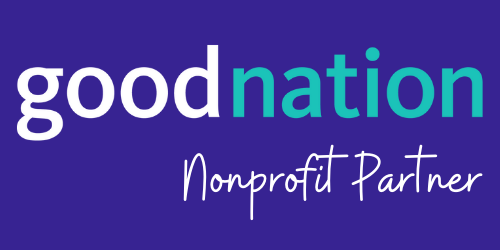Millions of people carry huge credit card balances. Is it because they don’t understand the costs? Millions more don’t set aside money in a retirement account. Do they not understand the benefits? The conventional answer to both questions is yes. The conventional response is to offer them personal finance 101.
Building financial literacy is a worthwhile goal, but at a basic level we think most people with maxed out credit cards and no retirement savings know they are risking financial ruin. Understanding money is the tip of the iceberg. Although saving regularly is a widely understood principle and four-fifths of households have a savings account, fewer than half say they save regularly out of each paycheck, according to surveys. You have to follow through on a plan. That can be hard.
Procrastination, absentmindedness, temptation, all can become roadblocks on the path from knowledge to behavior. We are committed to improving financial literacy by helping people keep promises they make to themselves. Developing strategies to thwart perfectly human, though costly, behaviors can have a more powerful effect on behavior than teaching simplified versions of accounting and finance.
The people who are supposedly the most financially illiterate often know much more than they are given credit for. For instance, research shows that the poor have a sharper grasp of prices for many goods than rich people. Traditional financial literacy approaches typically take unintuitive financial concepts and try to help people make sense of them as a banker or accountant would. Instead, financial literacy should teach the right concepts in the right ways.
A smarter approach is to change the concepts to match people’s current knowledge of money and finances. This strategy can have an enormous impact. Looking at payday lending, researchers find that people borrow $40 less each pay cycle when their costs are expressed in simple dollar terms rather than percentage rates. They also pay back the loans they do take out in less time.
Teaching some simple rules of thumb—like putting aside X dollars of your salary every month—can be a better way to put something on the best path to financial security than explaining compound interest. Our own designs in the Dominican Republic, led by Antoinette Schoar, find that this rule-of-thumb approach outperforms alternative strategies.
At ideas42, we are taking these insights and turning them into innovative financial disclosure policies. We are designing products and programs that leverage what people already know to deliver the highest return on investment for the human capital they already have


